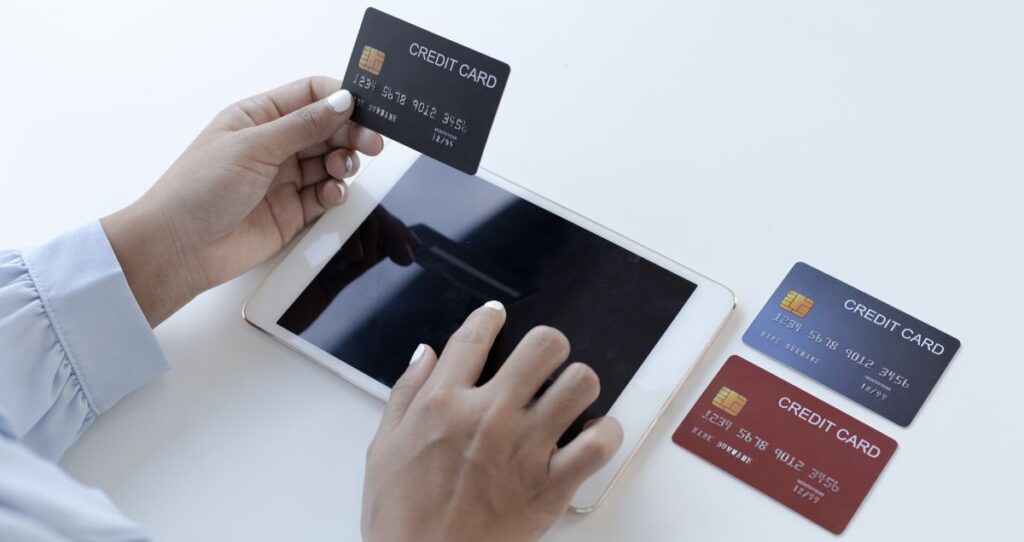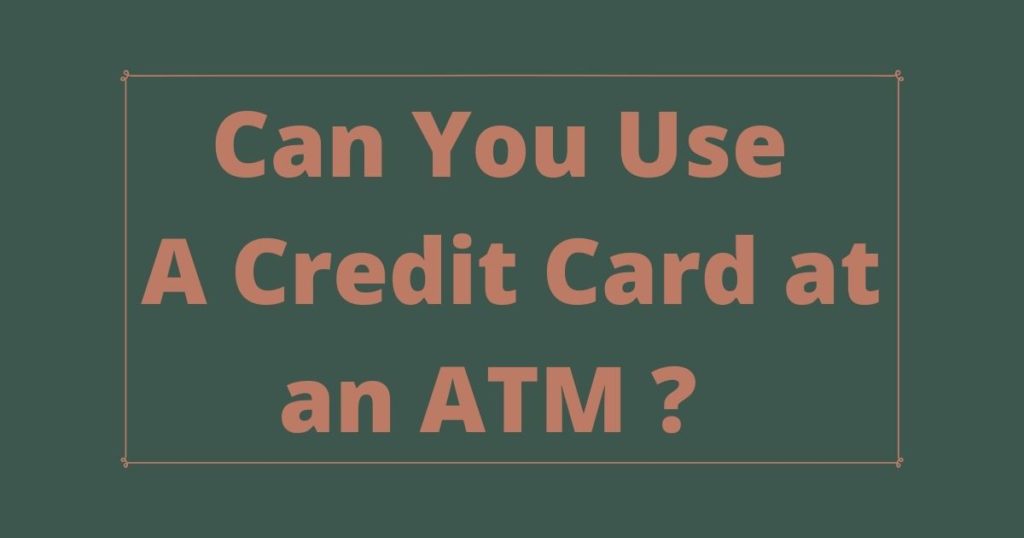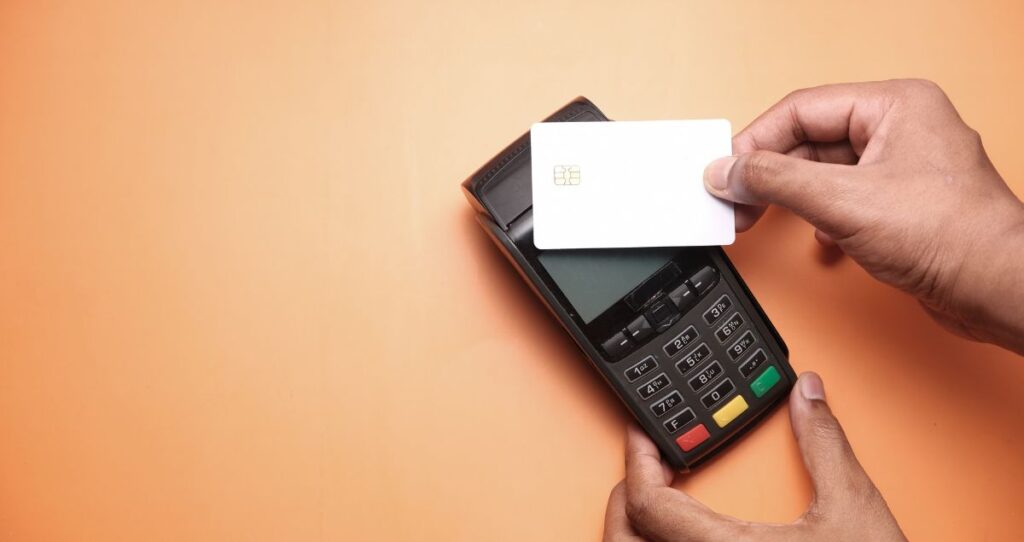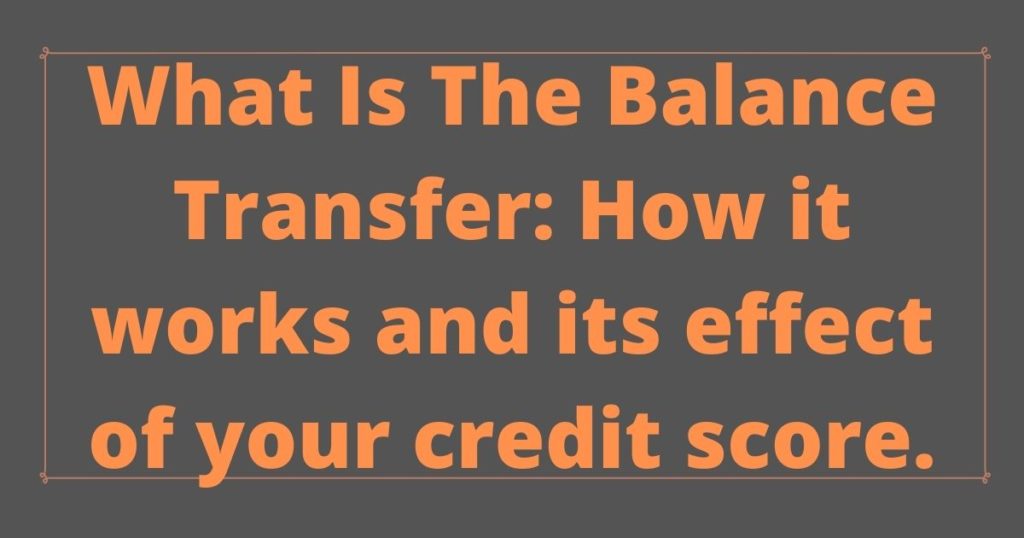If you are getting started with credit or have bad credit, getting a secured credit card can help you establish a credit history or repair your credit. Secured credit cards also come with similar features associated with unsecured credit cards such as cashback, points, miles, and other discounts. If you are wondering whether a secured credit card is right for you, here are six benefits of credit cards you should know about.
What is a secured credit card?
A secured credit card is a type of credit card that requires a security deposit to open an account. The deposit acts as collateral in case you default on your payments and it is used to determine your credit limit. Secured credit cards are designed for individuals without established credit history or those with bad credit. These types of credit cards come with limited features compared to unsecured credit cards. For example, most secured credit cards come with higher interest rates and fees, lower perks, etc.
If your credit is in bad shape, you will more likely be approved for a secured credit card. This is because having bad credit or no credit at all makes you a risk borrower. For this reason, most credit card issuers approve you for a lower credit limit and require a deposit until you have proven yourself worthy of credit. You can easily get a secured credit card from banks, credit unions, or other financial institutions that offer credit cards.
After rebuilding your credit with a secured credit card, you will be approved for better credit cards and other forms of loans. This is because all secured credit card activities such as payment history and credit utilization will be reported to major credit bureaus(Equifax, TransUnion, and Experian) and help you rebuild your credit.
You might also like: What is an unsecured credit card?
Benefits of secured credit cards
While secured credit cards are tailed for people without established credit history and those with bad credit, they still come with benefits that should not be ignored. Here are the benefits of secured credit cards and how they can help you build credit.
1. Secured credit cards allow you to build and repair your credit
By default, secured credit cards are designed for people with thin credit files and those with bad credit. This is because of the risk of lending money to individuals in this category and therefore, very often a deposit is needed as an extra security layer to protect the lender.
You can rebuild bad credit with a secured credit card
One of the greatest benefits of secured credit cards is that you can use them as a stepping stone for building credit.
For example, most lenders deny you credit when you have negative items on your credit report. Here is a list of common negative items on credit reports and how long they stay on your report.
- Foreclosure
- Bankruptcy
- Late payments
- Charge-offs
- Accounts sent to collections
- Hard inquiries
- Medical bills
- Deed-in-lieu of foreclosures
- Vehicle repossessions
- Unpaid judgments
- Short sales
- Delinquent accounts
- Eviction
If you have one or more of the above negative information on your credit reports, your unsecured credit application will more likely be denied. This is because these items show that you are a risky borrower, and therefore, you do not qualify for credit. But, if you apply for a secured credit card, the lender might approve your application after you have submitted a security deposit.
The security deposit required for secured credit cards is similar to the deposit on your rental agreement. Meaning that if you fail to pay your credit card balances, the card issuer will take the deposit as collateral.
A secured credit card can help establish a credit history
Another benefit of a secured credit card is that it can allow you to build a credit history. Lenders rely on your credit score and information on your credit report when assessing your creditworthiness. If you never opened a credit account before, you won’t have much information on your credit report. This is what is known as having a thin credit file.
The lack of information on your credit reports makes it harder for lenders to judge how risky it is to lend you money. In other words, you won’t have a credit score if you never opened a credit account, according to Credit.com. That is why most banks reject your credit accounts application such as a car loan or an unsecured credit card when you don’t have a credit history.
In this situation, it will be best to apply for a secured credit card, build credit, and later upgrade to better credit accounts such as unsecured credit cards, car loans, mortgages, and personal loans. You can also look into credit builder cards besides secured credit cards if you are getting started with credit.
2. You can upgrade to better cards
Many credit card issuers allow you to graduate from their secured credit cards. What this means is that as you use a secured credit card, your activities are recorded over time. If you are consistent in paying off your bills on time, don’t overspend on your secured credit card, and keep your credit utilization low, you will eventually qualify for better credit cards. You can think of a secured credit card as a probational credit card that you can use to improve the health of your credit or build credit.
After you have built your credit and the lender is convinced enough that you are ready for the real deal, you might get approved for better credit cards by either the same card issuer or other lenders.
Keep in mind that your credit card issuer is not obligated to approve you for better credit cards even if you use a secured credit responsibly. For this reason, it is best to read the terms of your credit card before applying for it.
3. You don’t need a good credit score to qualify for a secured credit card
The lack of good credit score requirements is one of the highest benefits of secured credit cards. Since secured credit cards are meant for people with bad credit or those without a credit history, a good credit score is not needed to qualify for these cards.
All you need is to submit your credit card application which also includes the required security deposit. Having an income is also essential when you are applying for a credit card. Additionally, there are other factors that will influence your approval rate such as your debt-to-income (DTI) ratio, other credit cards you have, and the health of your credit in general.
You might also like: Can I get a credit card without a job?
4. Secured credit cards prevent you from accumulating too much debt
Secured credit cards require a security deposit and most lenders approve you for a credit limit that is equal to your security deposit. This allows card issuers to minimize their risks in case your default on your payments.
For example, if your security deposit is $200, your credit limit will be around the same value.
Additionally, credit limits on secured credit cards are usually lower than credit limits on unsecured credit cards. A lower credit limit allows you to use your credit cards, manage your credit card spending, and focus on building your credit instead of paying off debt.
5. You can save money with a secured credit card
Just like any other credit card, secured credit cards come with a lot of benefits that can save you money on certain purchases. Features like cash back, miles, points, hotel reservations, etc, are all benefits of secured credit cards you can enjoy.
6. A secured credit card can prevent you from overspending
If you are not good with your spending or don’t use your credit cards responsibly, a secured credit card can easily help you avoid overspending. According to The Hill, the total U.S. credit card balance is currently around $1 trillion dollars and the average credit card user carries around $10,000 from month to month.
If you are suffering from the same fate, a secured credit card can be your solution. Since your credit limit will be lower, your credit card spending will also be minimal. Even if you overspend on that card, a lower credit limit will keep your credit card balances low and manageable. This is an essential step in managing your finances by limiting your credit spending.
More credit card tips
Does closing a credit card hurt your credit score?
How to use a credit card grace period to your advantage
How to avoid credit card debt?







